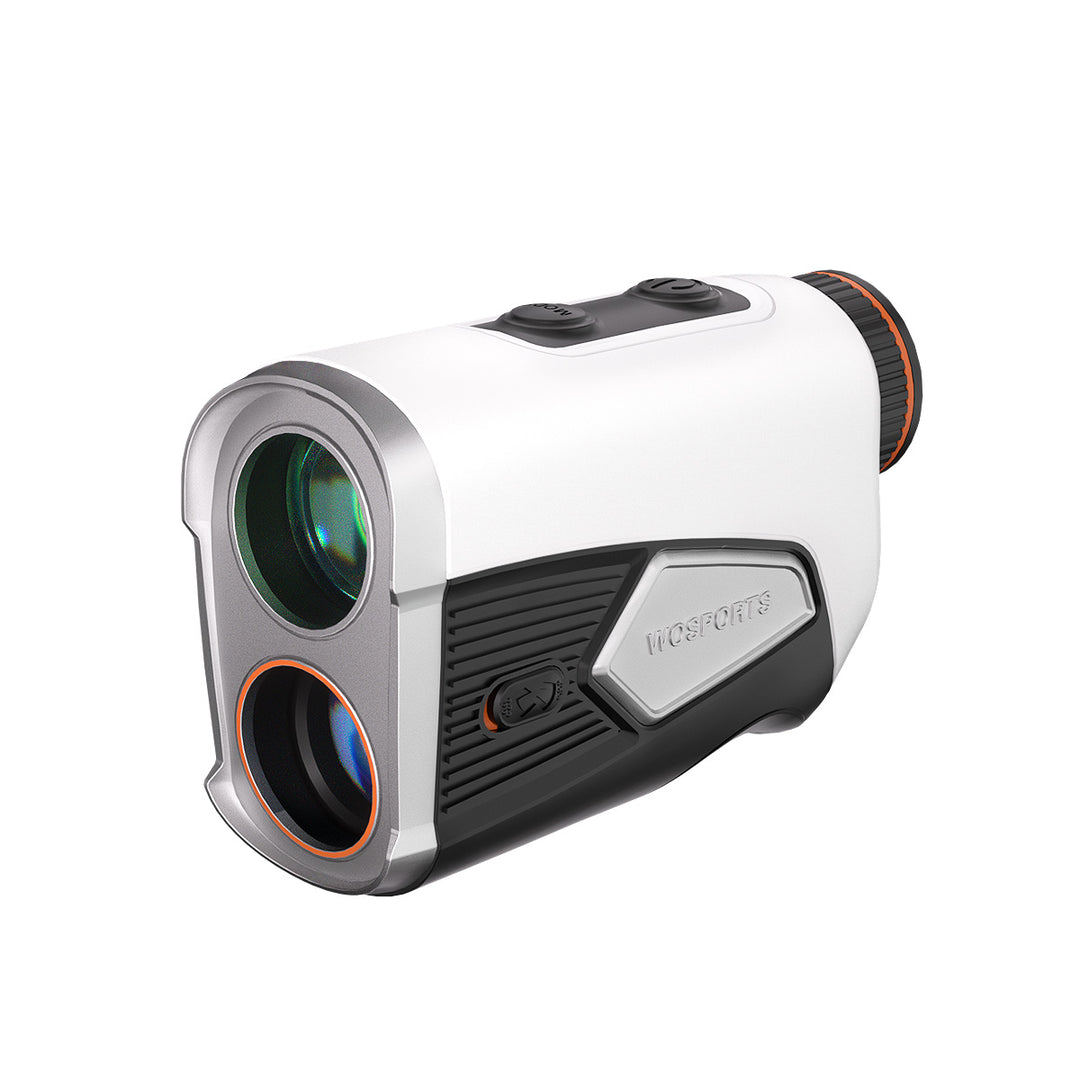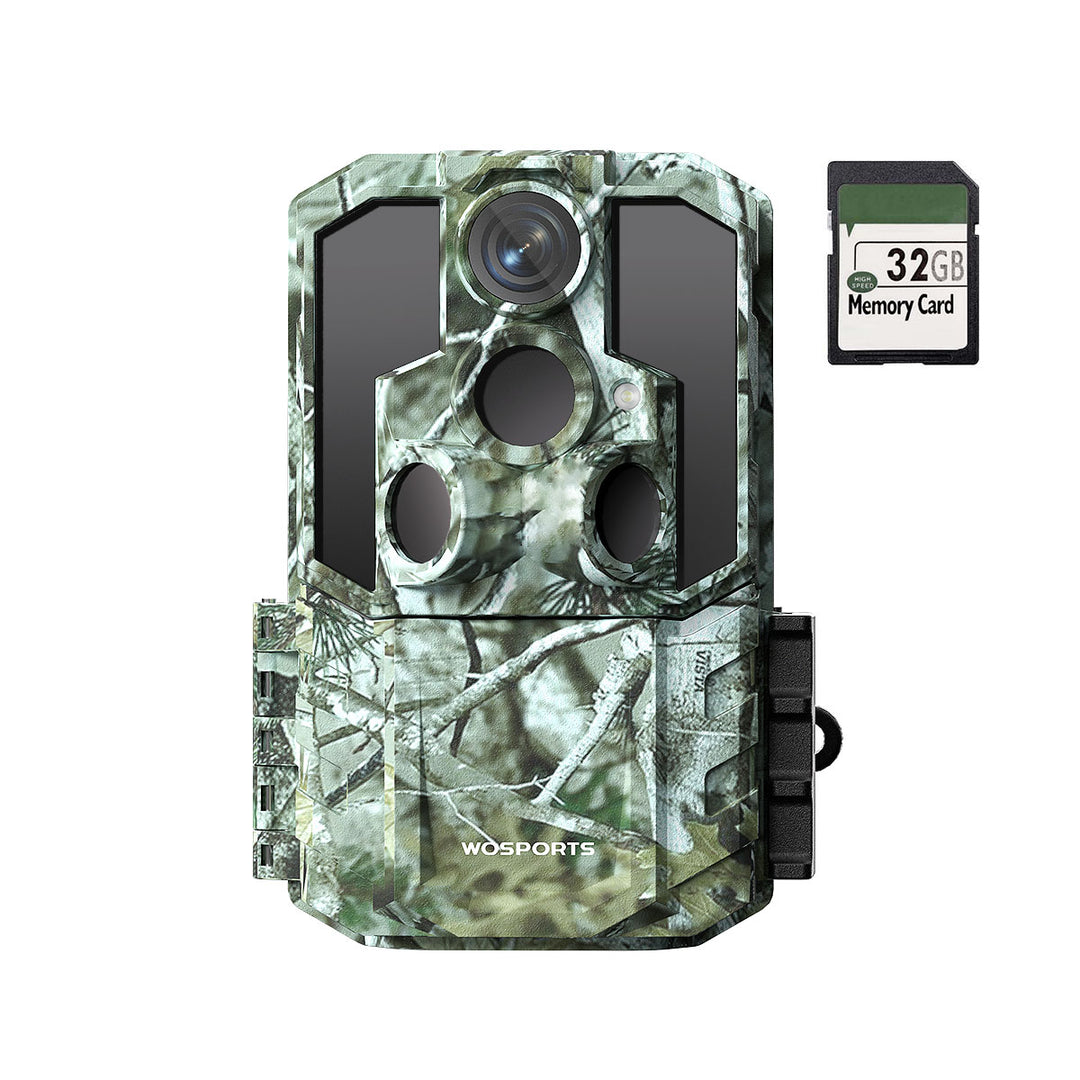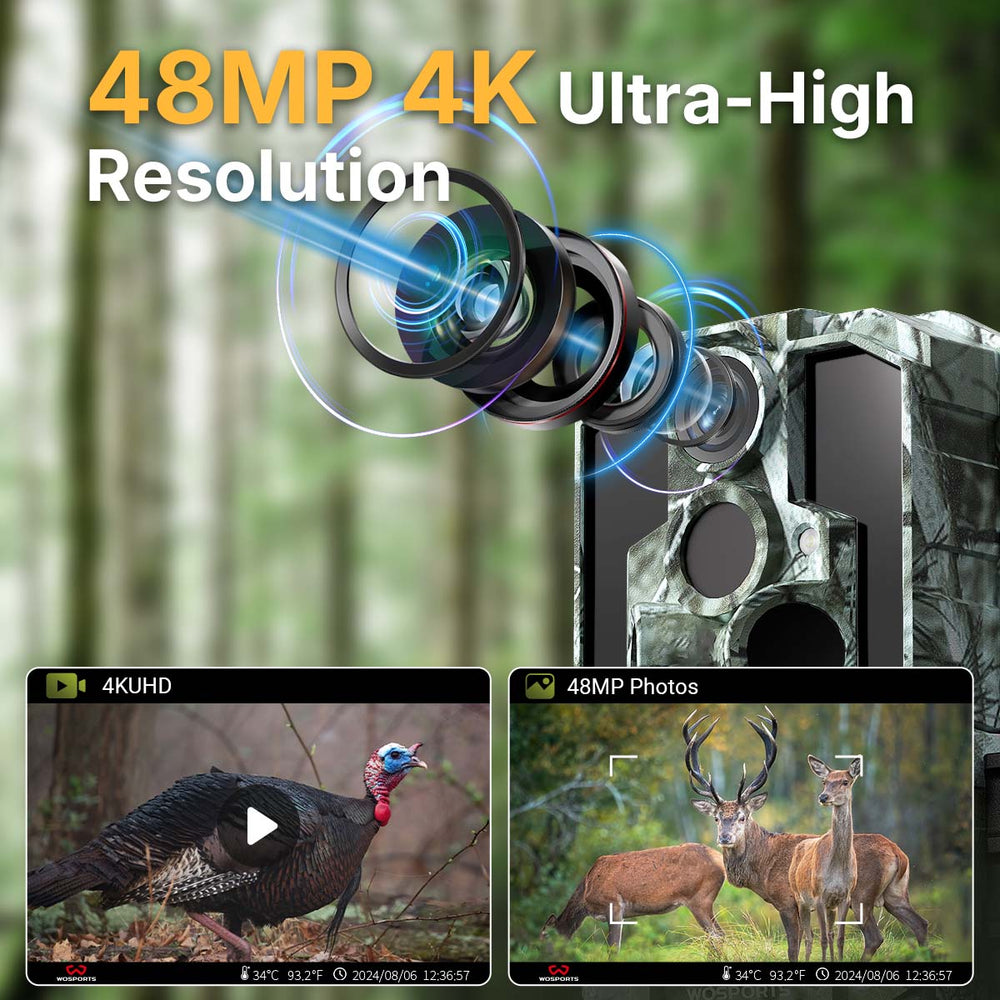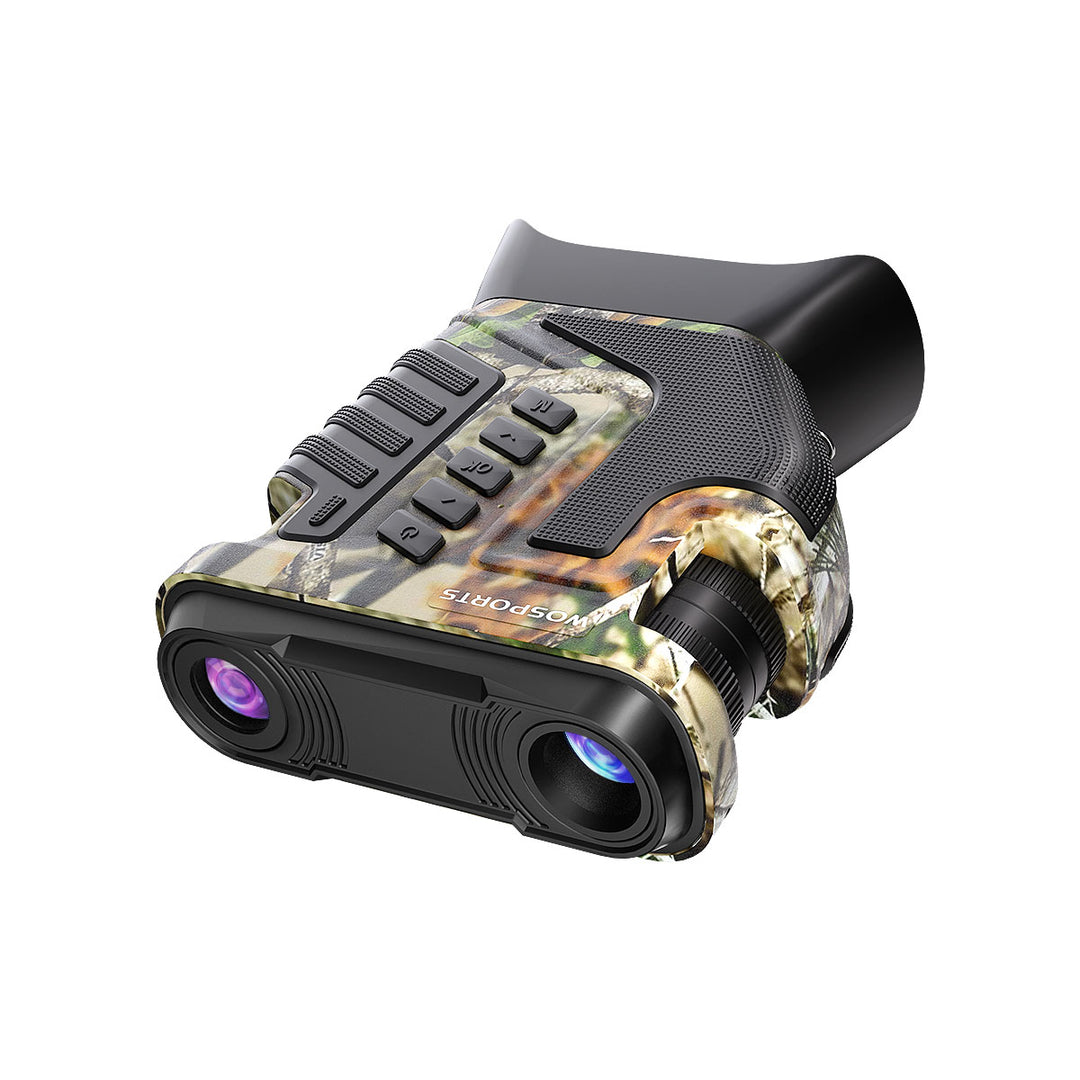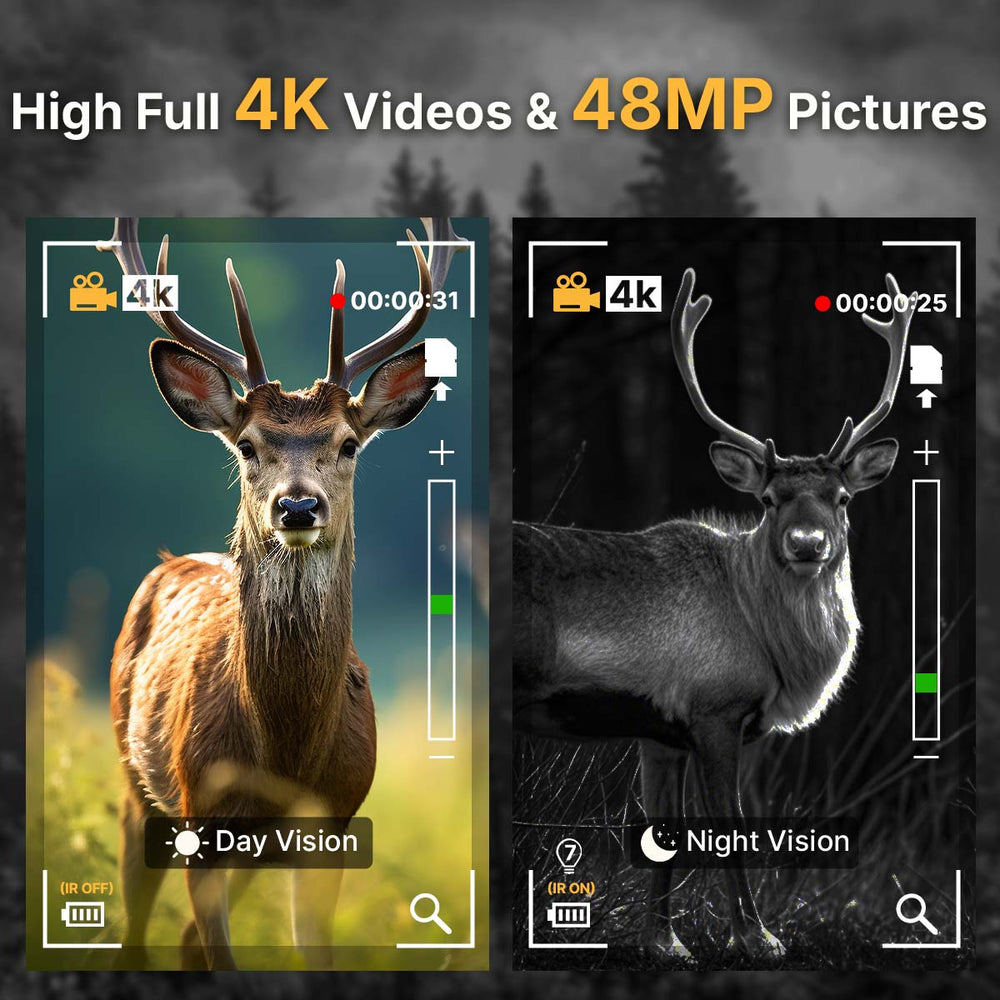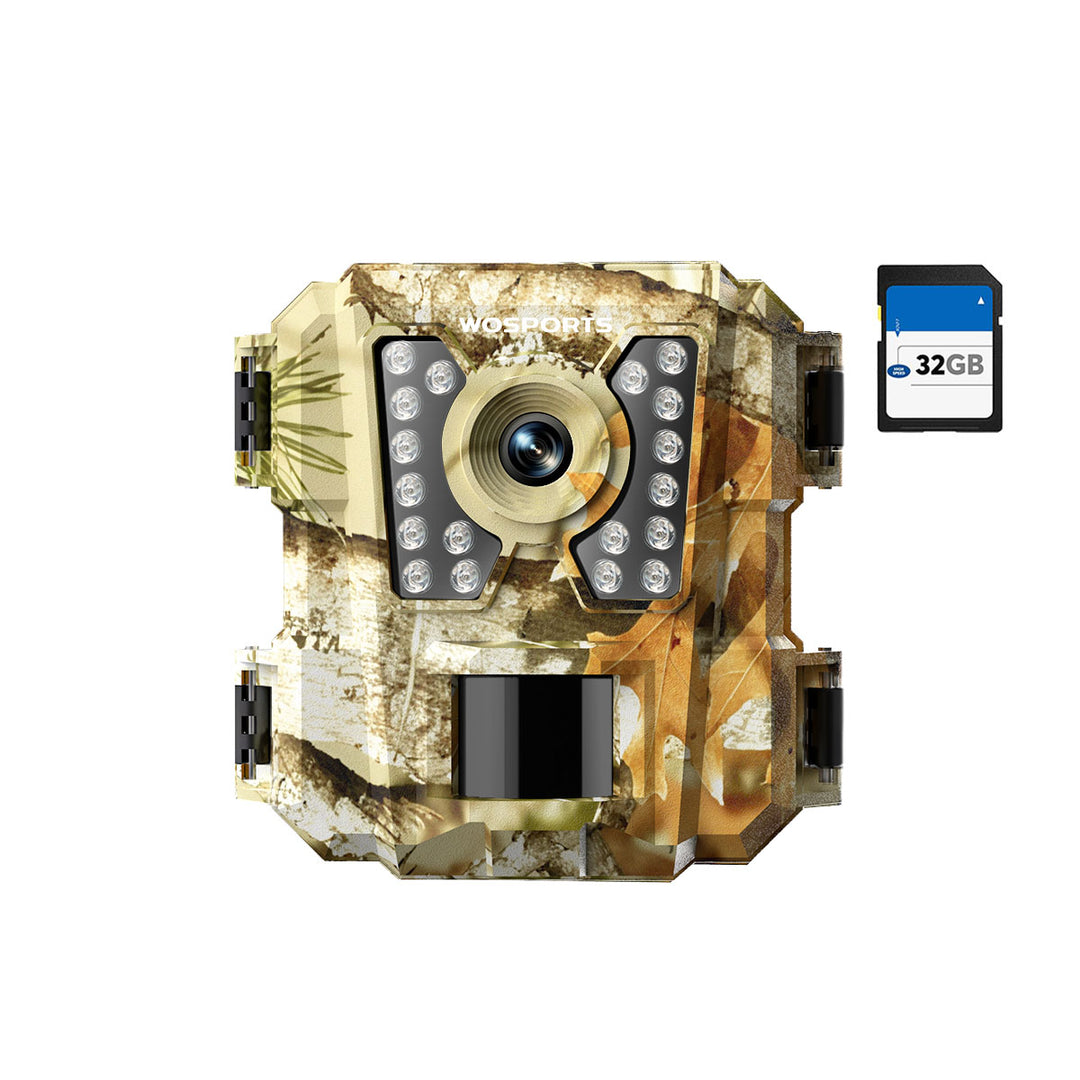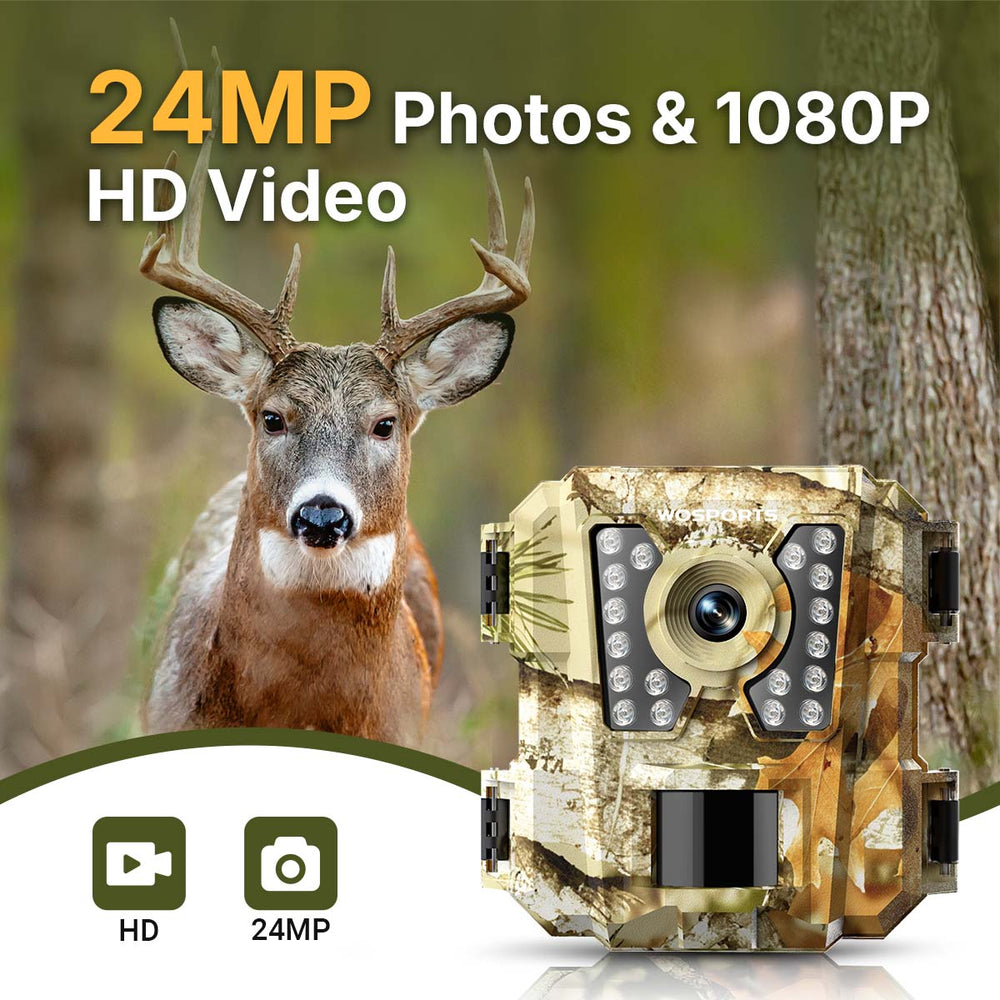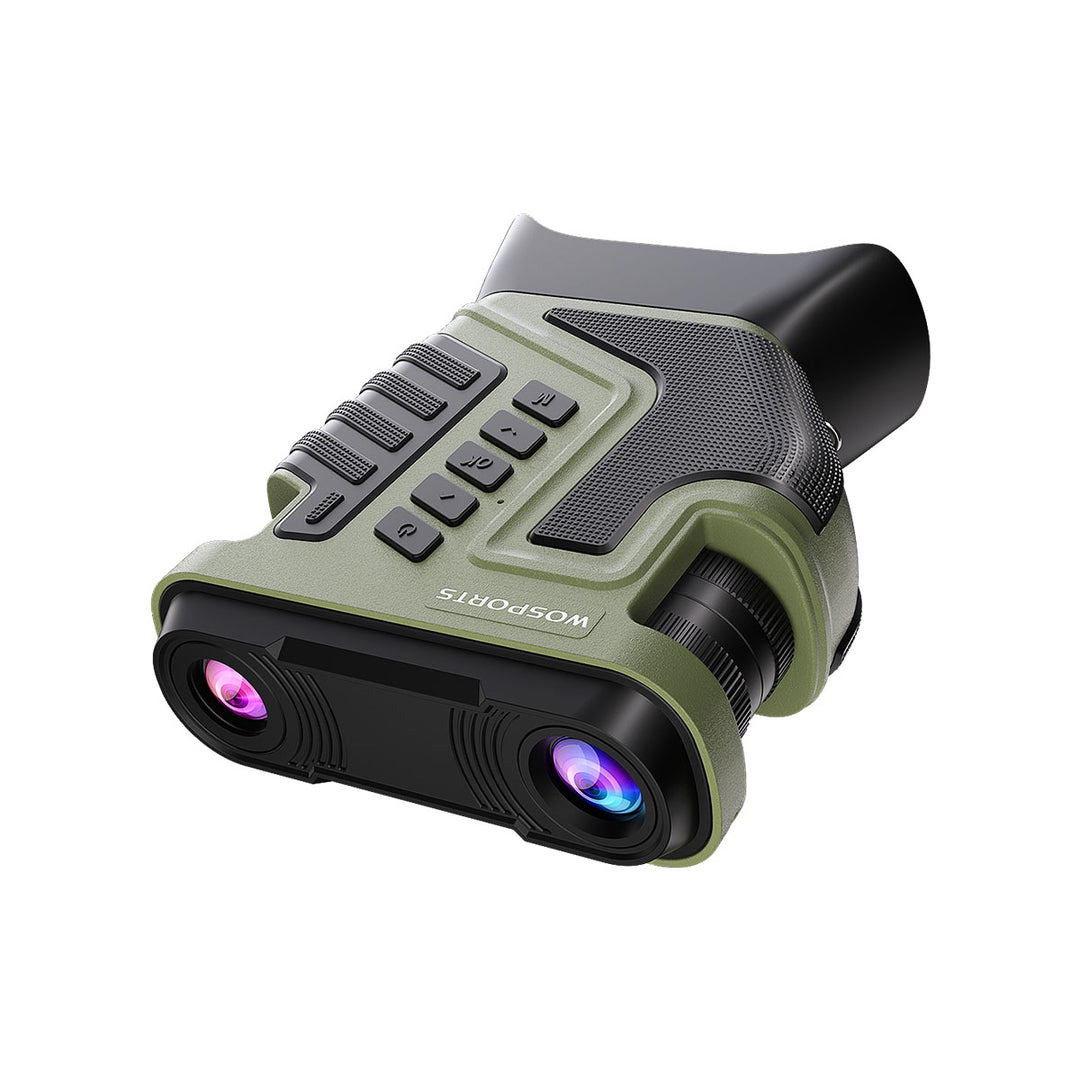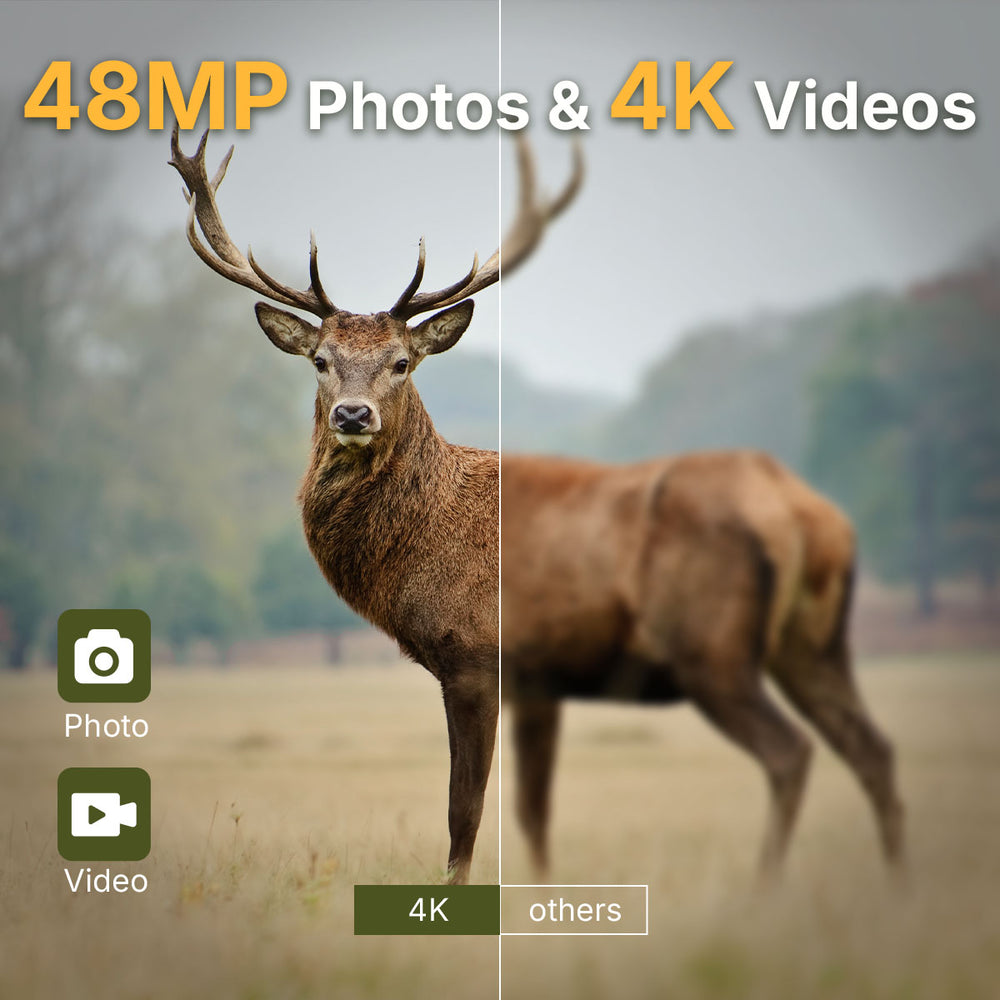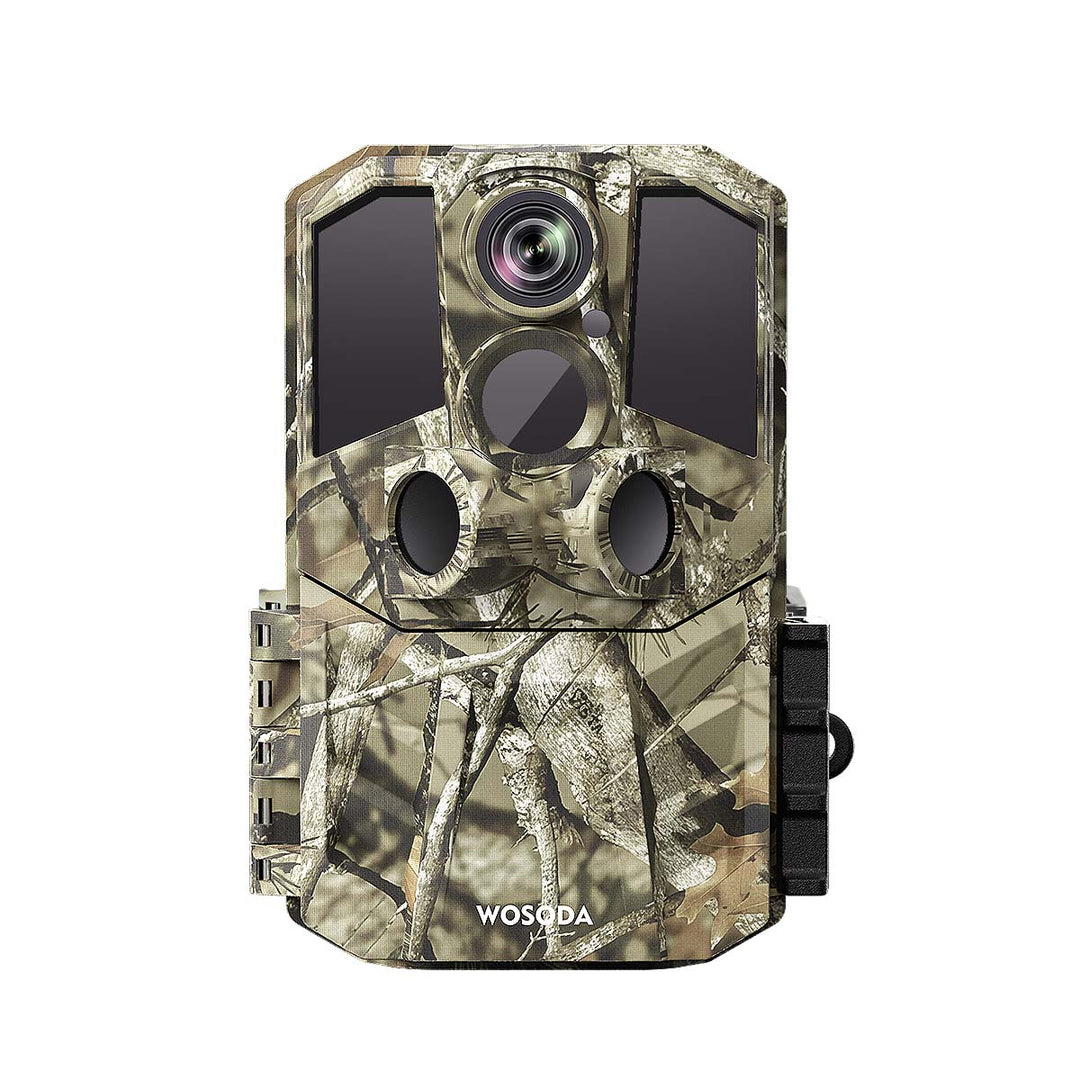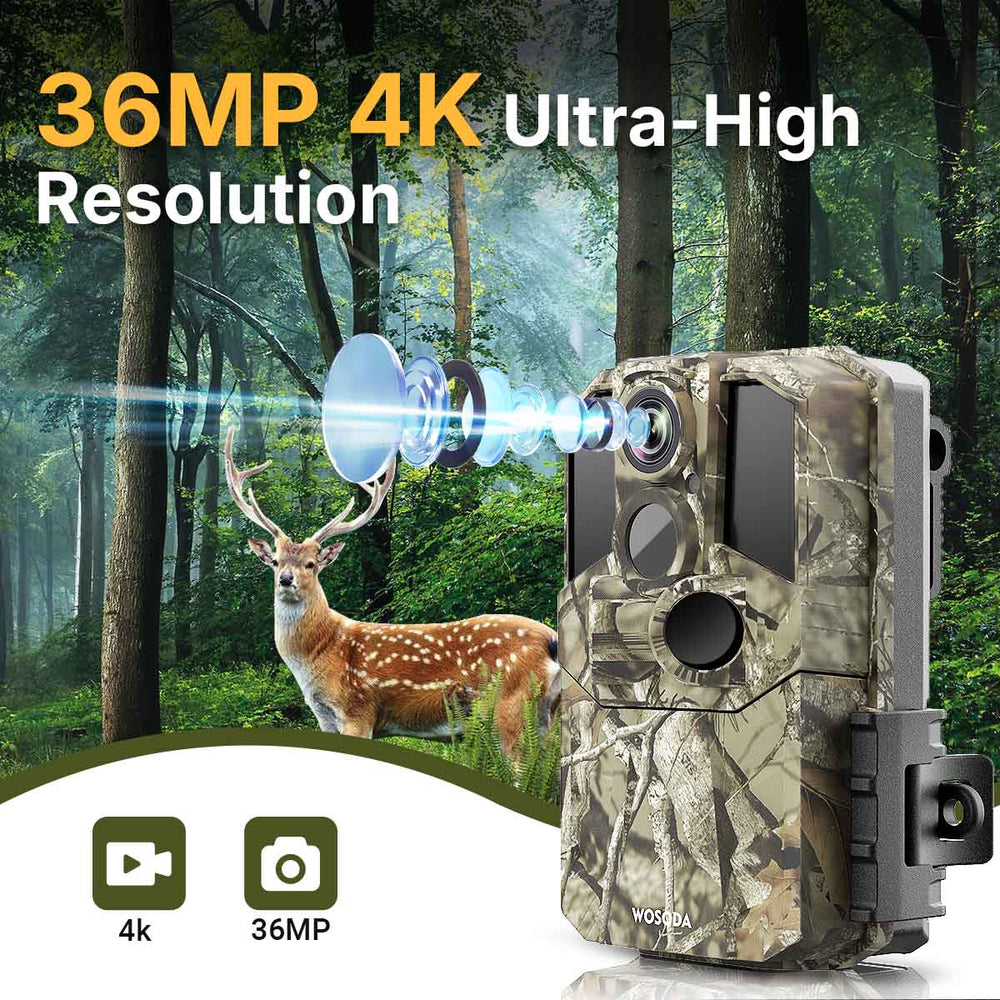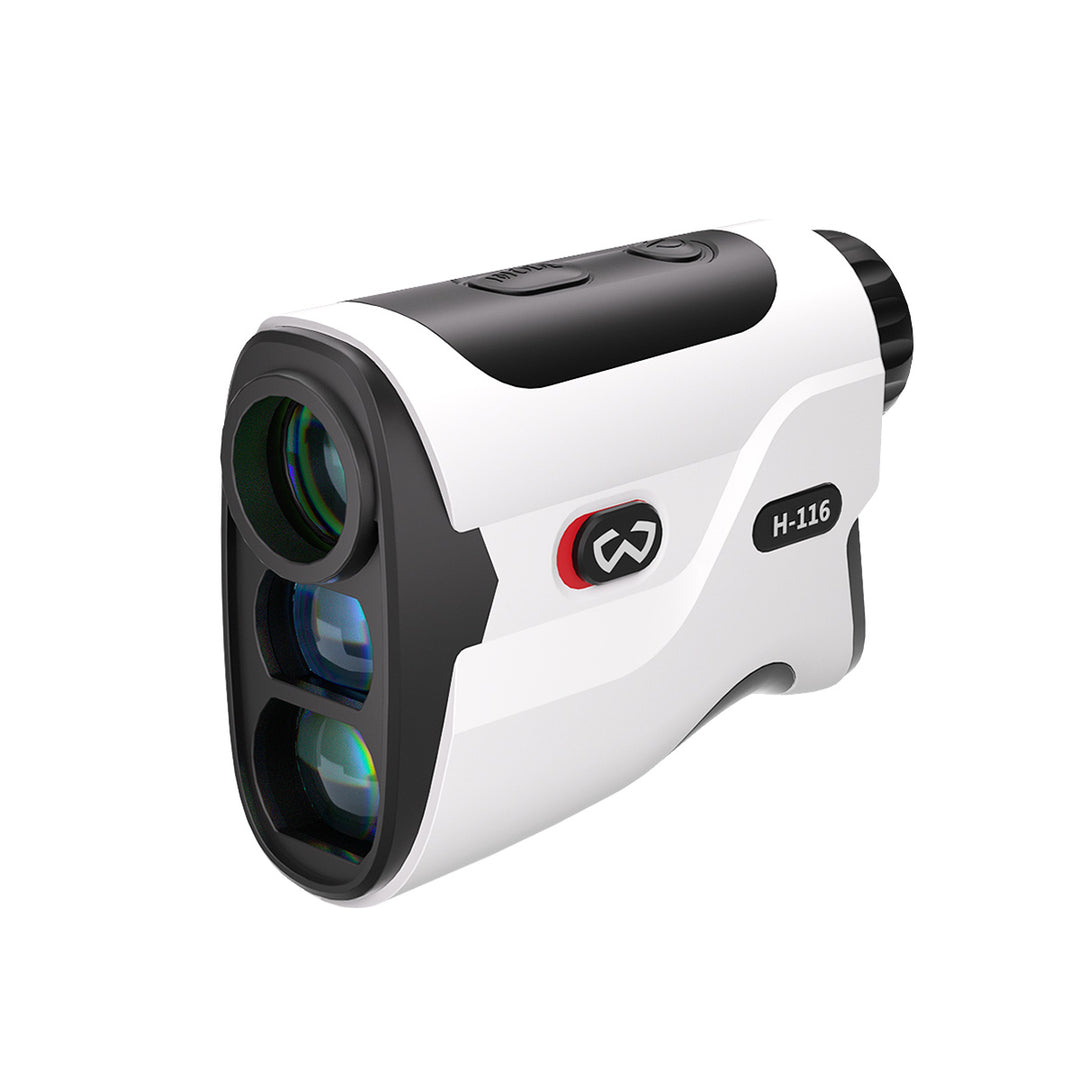How to Use a Trail Camera for Bird Watching?
If you love watching birds but can’t always be there to see them, a trail camera can change the way you experience your backyard. These motion-activated cameras quietly record every visitor. Using a trail camera for bird watching lets you see what really happens when you’re not around.
A Trail Camera Works Perfectly for Bird Watching
Instead of sitting around for hours with a camera, trail cameras do the job for you. Just set them up, and they'll catch anything that moves in front of them, no matter the time of day or weather.
With motion and heat sensors, they turn on by themselves, so you can watch birds doing their thing. The camera snaps a pic at just the right time, whether it's a sparrow landing or a woodpecker checking out a tree.
Plus, these cameras have infrared night vision, so you can keep watching even after sunset. See birds and other night creatures without bothering them.
Choose High Quality Trail Cameras First
Best Locations to Place Your Trail Camera for Birdwatching
The secret to great bird footage isn’t just in the camera—it’s in where you put it.
The best thing to do is get up early and take a walk around your yard. See where the birds like to hang out first thing in the morning. Which branches do they always use? Where does the sunlight look the prettiest through the trees? Paying attention to these little things will really help you figure out where to place your trail camera. Birds usually feel safest in spots they know well. Think near bird feeders, on branches that are easy to reach, or in little bushes where they can hide.
When you're setting up your trail camera, put it about three to five feet off the ground and point it down a little bit. Try not to point it right at the sun, or you'll get a lot of glare in your videos. Also, make sure you can see a little bit of what's around the birds – like branches moving in the wind or the way the light changes during the day. You might even catch another animal wandering by!

Trail Camera Settings for Capturing Birds Clearly
Birds are tiny, speedy and great at hiding their activities hence they pose a challenge even to the most skilled photographers. However, if you make a couple of careful tweaks, your trail camera can be capturing their most elegant moments.
Begin with the highest sensitivity and the fastest trigger speed. This way, the camera will be able to respond quickly enough to get the bird either mid-flight or landing. Set it to photo burst mode (3-5 shots per trigger) which will give you a short sequence rather than a single still – you will be surprised at how much a series of frames can show the emotions of the subject.

If videos are your thing, keep the clips to about 10-15 seconds duration so they are easy to review. In the dark areas or during the first hours of the day, gradually boost the brightness to maintain the visibility of the feathers. And do not forget, being patient is worth it: you might have to change the settings a couple of times to find the right mix.
What are The Best Trail Camera Settings for Wildlife Photography>>
Seasonal Observations: Spring, Summer, and Fall
Birds are fun to watch because they change with the seasons. Spring is the time to see them pairing up and constructing nests. If you want to get some nice color shots; get out early to watch them getting ready to start their day.
In the summer, you'll see more kinds of birds flocking to feeders. You could see young birds attempting to fly for the first time. You may observe different types of birds interacting. With longer days, you'll have more time to see what is happening.
When autumn hits, migrating birds start showing up. With cameras on trails, you can monitor which birds come and go, and how they act. This offers you an awesome view of what's going on in your yard throughout the year.

Review Footage Regularly: Turning Observation into Discovery
Once you begin checking your trail camera footage, I think you'll quickly see why it’s so helpful. Each clip gives you real info such as what birds showed up, when they came, and what they did. You might see things happen repeatedly, like a sparrow always going to the same branch in the morning or a robin liking one feeder best.
Sort your videos by date, time, or place so you can easily compare them. Jot down notes on the types of birds, what they’re doing, and any weird visitors. After a while, this can help you guess when birds will be around, what they like to eat, and maybe even tell individual birds apart.
Search
Popular Posts
Recent Posts

Nov 28, 2024
Troubleshooting Common Trail Camera Issues
Jan 10, 2025
Why Does My Trail Camera Stop Working at Night?




























